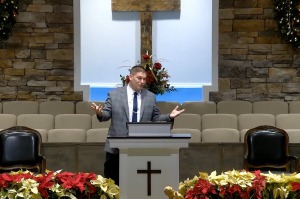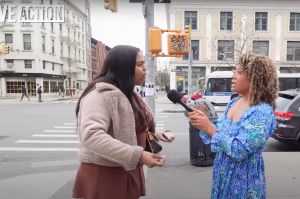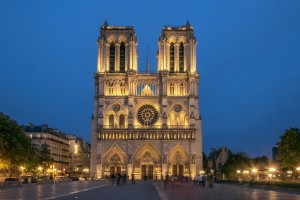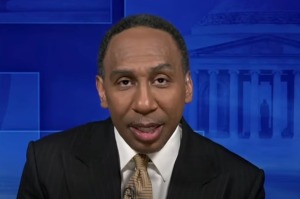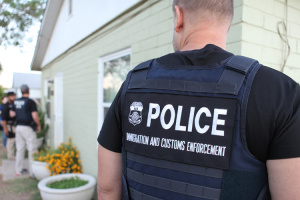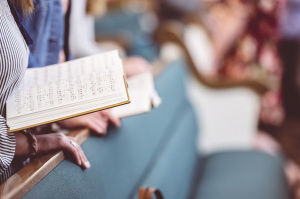California to revise indoor church guidelines after Supreme Court ruling
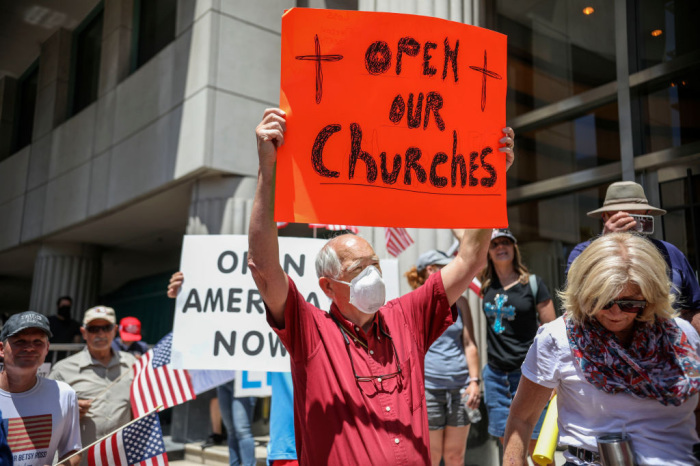
The office of California Gov. Gavin Newsom said the state will soon issue revised guidelines for indoor worship services after the Supreme Court granted an emergency injunction against a public health ban on the practice but kept restrictions on singing, chanting and crowd size in place.
"We will continue to enforce the restrictions the Supreme Court left in place and, after reviewing the decision, we will issue revised guidelines for worship services to continue to protect the lives of Californians,” Daniel Lopez, the governor's press secretary, said in a statement.
In South Bay United Pentecostal Church v. Newsom, the church challenged California’s total ban on indoor services in areas where cases are surging; a 25% limit on indoor services where they are allowed; and a ban on singing and chanting during those services.
In a 6-3 decision late Friday, all three liberal judges, Justice Stephen Breyer, Justice Sonia Sotomayor and Justice Elena Kagan voted against the church while Chief Justice John Roberts stood with the conservative majority — Justices Neil Gorsuch, Clarence Thomas, Samuel Alito, Amy Coney Barrett, Brett Kavanaugh, who all supported the decision either in whole or in part.
“The State has concluded, for example, that singing indoors poses a heightened risk of transmitting COVID–19. I see no basis in this record for overriding that aspect of the state public health framework. At the same time, the State’s present determination—that the maximum number of adherents who can safely worship in the most cavernous cathedral is zero—appears to reflect not expertise or discretion, but instead insufficient appreciation or consideration of the interests at stake,” Roberts wrote.
In her dissent joined by Breyer and Sotomayor, Kagan warned that the decision could end up costing lives.
“Justices of this Court are not scientists. Nor do we know much about public health policy. Yet today the Court displaces the judgments of experts about how to respond to a raging pandemic,” she argued.
Kagan noted that the court’s conservative majority has ordered California to treat houses of worship just as favorably as secular activities, including political assemblies, even though medical evidence shows that secular activities pose a “lesser danger” in contracting the coronavirus.
“This is no garden-variety legal error: In forcing California to ignore its experts’ scientific findings, the Court impairs the State’s effort to address a public health emergency. There are good reasons why the Constitution ‘principally entrusts the safety and the health of the people’ to state officials, not federal courts. In the worst public health crisis in a century, this foray into armchair epidemiology cannot end well,” Kagan argued. “If this decision causes suffering, we will not pay. Our marble halls are now closed to the public, and our life tenure forever insulates us from responsibility for our errors. That would seem good reason to avoid disrupting a State’s pandemic response. But the Court forges ahead regardless, insisting that science-based policy yield to judicial edict. I respectfully dissent.”
While state officials have broad constitutional powers, Roberts, in responding to Kagan’s argument, noted that those powers also have limits.
“I adhere to the view that the ‘Constitution principally entrusts the safety and the health of the people to the politically accountable officials of the States. But the Constitution also entrusts the protection of the people’s rights to the Judiciary—not despite judges being shielded by life tenure, but because they are. Deference, though broad, has its limits,” he said.
Charles LiMandri, special counsel for Thomas More Society, a national public interest law firm that worked with the church on the case, praised the decision.
“We are heartened by this order from the United States Supreme Court allowing South Bay to gather for worship this weekend while our case against Governor Newsom continues. Throughout the COVID lockdown, the governor has demonstrated a flagrant disregard for California’s citizens and their deeply and sincerely held religious beliefs,” he said in a statement. “His so-called ‘reopening plan’ is structured on the same discriminatory principles as those of New York’s Governor Cuomo, which were soundly denounced by the Supreme Court in their Thanksgiving Eve decision in Diocese of Brooklyn v. Cuomo.”
On Sunday, several churches like the Pasadena-based Harvest Rock Church praised the Supreme Court ruling but insisted they would still not be limited by the scope of the injunction.
“Fifty percent of worship is singing. We’re going to sing no matter what,” Che Ahn, Harvest Rock's senior pastor, told KCRA 3.
















